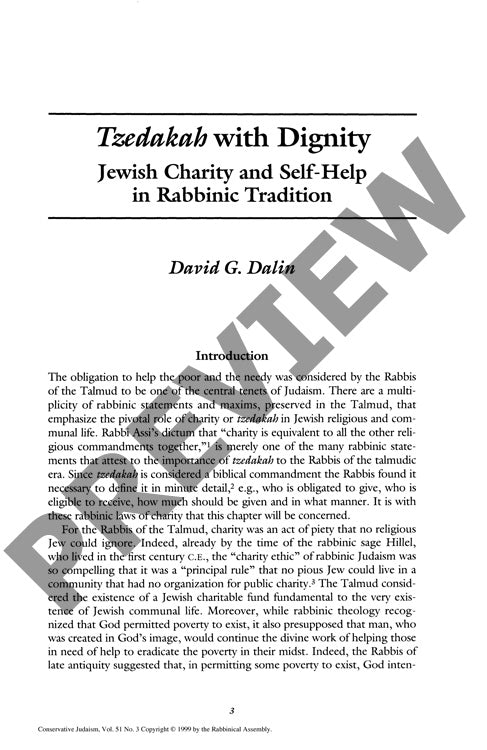Tzedakah with Dignity Jewish Charity And
Couldn't load pickup availability
The ancient rabbis of the Talmud transformed biblical charity into a groundbreaking communal welfare system that would shape Jewish philanthropy for nearly two millennia. Through systematic analysis of Talmudic texts, legal codes, and historical records from late antiquity through medieval periods, this research reveals how rabbinic Judaism institutionalized tzedakah (charity) around two pivotal organizations: the Kuppah (Communal Fund) and Tamhui (Soup Kitchen). By the second century C.E., a sophisticated public charity infrastructure emerged, administered by appointed Charity Administrators (Gabbai Tzedakah) who operated under synagogue oversight. These administrators applied specific economic criteria to determine eligibility, moving beyond traditional biblical social categories to create a more systematic approach to poverty relief. The system's distinctive features - anonymous giving, measures to prevent dependency, and emphasis on recipient dignity - reflected core rabbinic principles of self-help and communal responsibility. So fundamental did these charity institutions become that their presence marked the very definition of a pious Jewish community. The research demonstrates how this Talmudic framework of tzedakah established enduring principles that carefully balanced communal obligation with individual dignity while promoting economic self-sufficiency among recipients, principles that would guide Jewish philanthropic tradition for over eighteen centuries.

More Information
-
Physical Description
-
Publication Information
Published 1999
ISBN
-
Publication Credits
David Dalin

